“Can AI Generate Poetry And Literature?
Can AI generate poetry and literature?”
Artificial Intelligence (AI) has made significant advancements in recent years, from self-driving cars to virtual assistants like Siri and Alexa. But can AI really generate poetry and literature like a human can? Let’s explore the fascinating world of AI-generated creativity.
What is Artificial Intelligence?
Artificial Intelligence, or AI, refers to the development of computer systems that can perform tasks that typically require human intelligence, such as visual perception, speech recognition, decision-making, and language translation. AI algorithms allow machines to learn from data, adapt to new inputs, and perform human-like tasks.
Understanding AI Terminology
Before we dive into AI-generated poetry and literature, let’s cover some common terminology used in the field of Artificial Intelligence:
-
Machine Learning: A subset of AI that allows machines to learn without being explicitly programmed. Machine learning algorithms use statistical techniques to enable machines to improve their performance on a task based on data.
-
Deep Learning: A type of machine learning that uses neural networks to model and solve complex problems. Deep learning algorithms have been particularly successful in tasks like image and speech recognition.
-
Natural Language Processing (NLP): A branch of AI that focuses on interactions between human language and computers. NLP enables machines to understand, interpret, and generate human language in a way that is valuable.
The Evolution of AI in Creativity
AI has made significant strides in creative fields like music, art, and writing. Generative algorithms, fueled by machine learning and deep learning techniques, have been used to create original pieces of music, generate realistic paintings, and even pen articles and fiction stories. Can AI truly replicate the intricate nuances of poetry and literature?
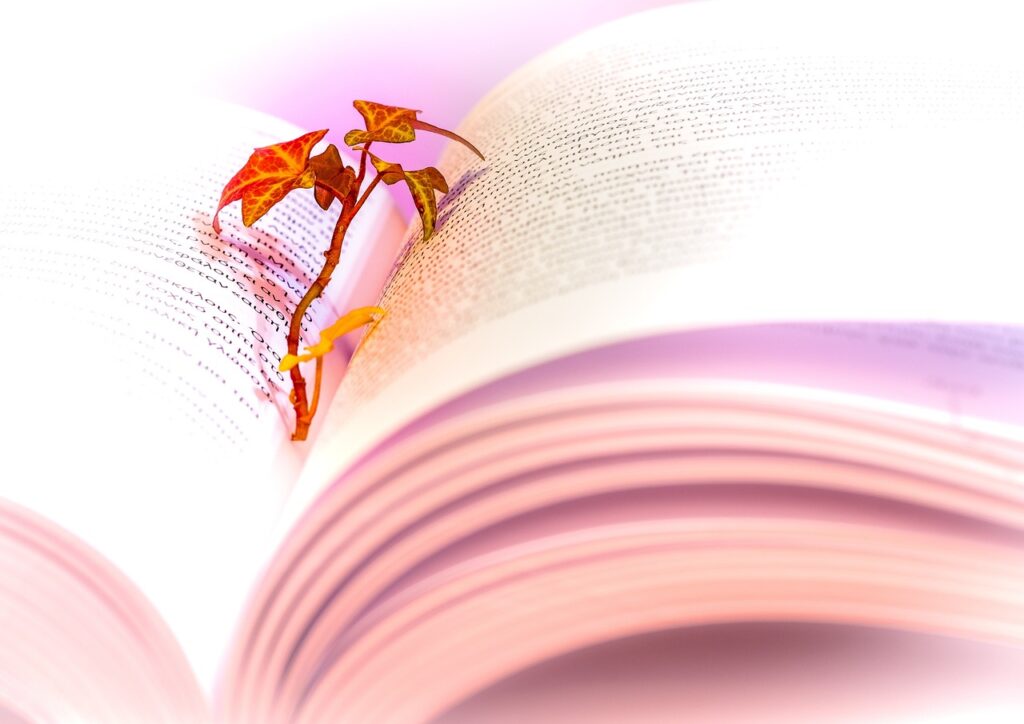
AI in Poetry
Poetry is a form of literary expression that relies heavily on emotion, imagery, and storytelling. Can AI generate poetry that resonates with readers on an emotional level? Let’s take a closer look at AI-generated poetry.
Training AI Models on Poetry
To create AI-generated poetry, researchers typically train machine learning models on vast amounts of poetry written by humans. These models learn the structure, rhythms, and themes of poetry, allowing them to generate new poems based on the patterns they have learned.
Examples of AI-Generated Poetry
AI-generated poetry has garnered attention in recent years for its ability to mimic the style of famous poets or create entirely new poetic forms. While some argue that AI lacks the emotional depth and creativity of human poets, others see potential in the unique perspectives and novel approaches AI can bring to poetry.
Challenges in AI Poetry Generation
Despite its progress, AI still faces challenges in capturing the essence of human emotion and creativity in poetry. The subjective nature of poetry, with its metaphors, symbolism, and ambiguity, presents a complex puzzle for AI algorithms to solve.
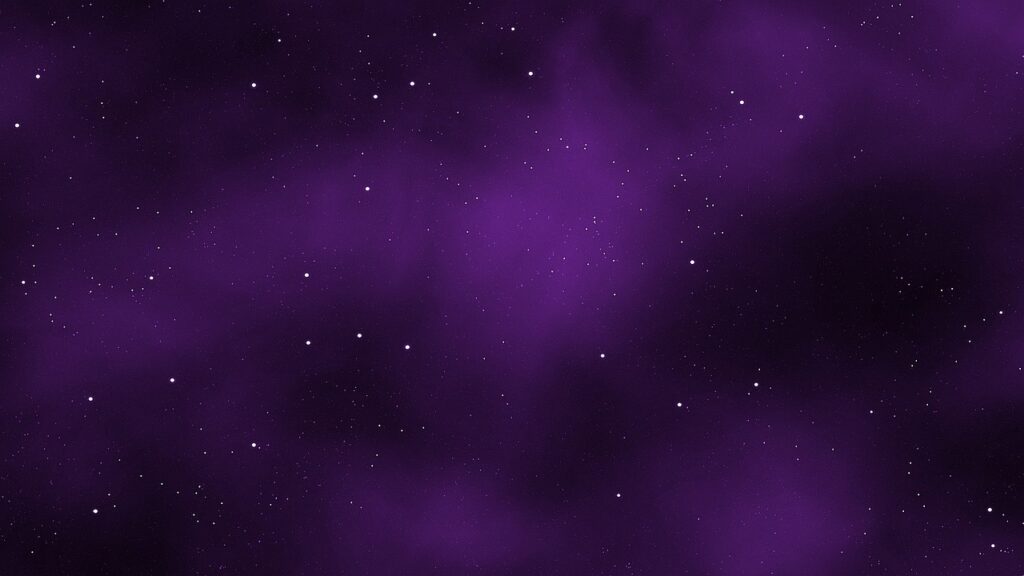
AI in Literature
Literature encompasses a wide range of storytelling forms, from novels and short stories to plays and essays. Can AI generate literature that engages readers and sparks imagination? Let’s explore the realm of AI-generated literature.
Novel Generation with AI
Creating novels with AI involves training machine learning models on vast datasets of existing literature. These models can generate chapters, characters, and plotlines based on the patterns and themes they have learned from human-authored texts.
Short Story Generation
AI has been used to generate short stories in various genres, from science fiction to mystery. By analyzing plots, characters, and writing styles from existing stories, AI can create original narratives that captivate readers.
Playwriting with AI
Playwriting involves a unique set of challenges, from dialogue and character development to scene-setting and pacing. Can AI create plays that resonate with audiences and capture the essence of live performance?
Challenges in AI Literature Generation
While AI has shown promise in generating pieces of literature, it still struggles to replicate the depth and complexity of human storytelling. The nuances of character development, plot twists, and emotional resonance pose significant challenges for AI algorithms.
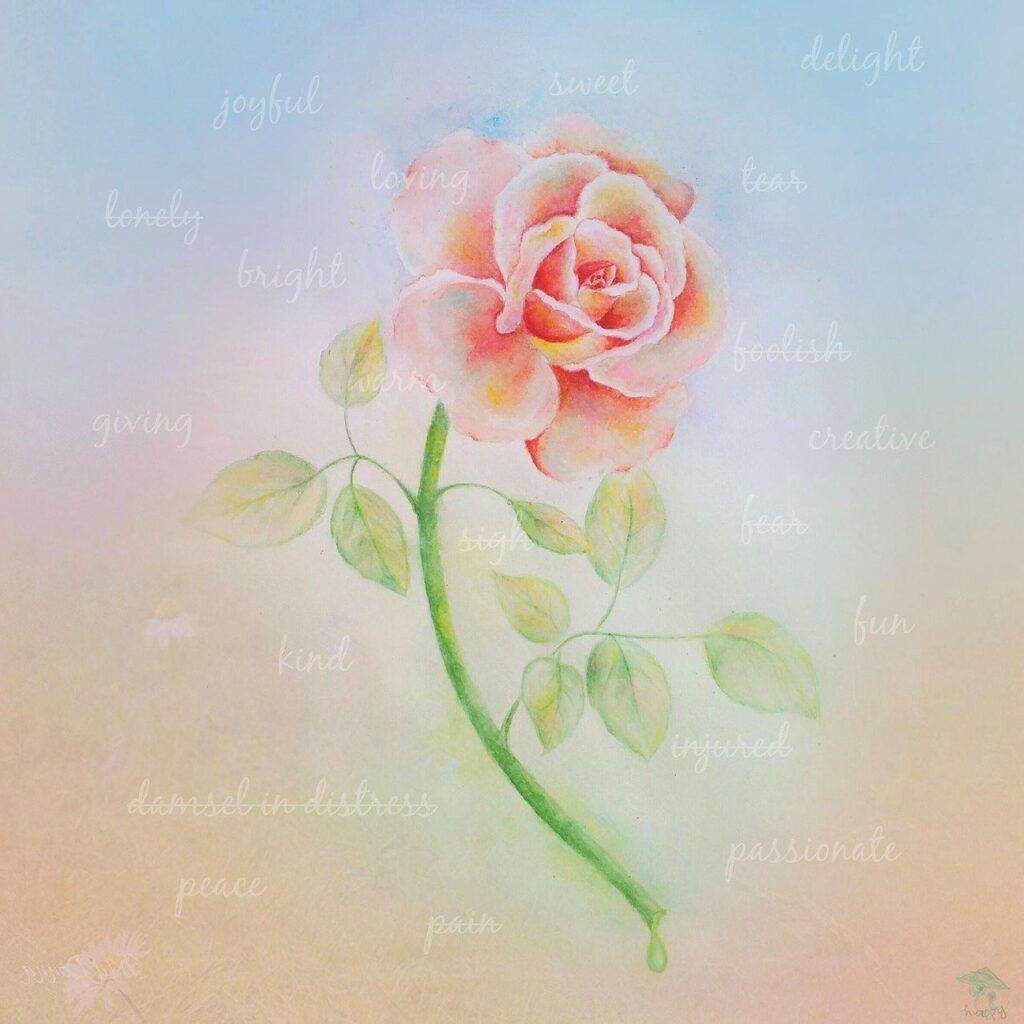
Ethics and AI Creativity
As AI continues to advance in the realm of poetry and literature, ethical considerations come to the forefront. Should AI-generated works be considered authentic creations? How should credit be given to AI systems that produce poems, novels, and plays?
Ownership and Attribution
One of the key ethical dilemmas in AI creativity is the question of ownership and attribution. Should AI-generated works be credited to the machine, the programmer, or both? Ensuring that AI creators receive proper recognition for their contributions is essential in the evolving landscape of AI-generated content.
Plagiarism and Uniqueness
AI systems can generate endless variations of poetry and literature based on existing datasets. How can we ensure that AI-generated works are original and free from plagiarism? Establishing ethical guidelines and standards for AI creativity is crucial in upholding the integrity of literary works.
Cultural and Social Implications
The rise of AI in poetry and literature raises important cultural and social questions. How does AI influence our understanding of creativity and artistry? What impact does AI-generated content have on human expression and identity?
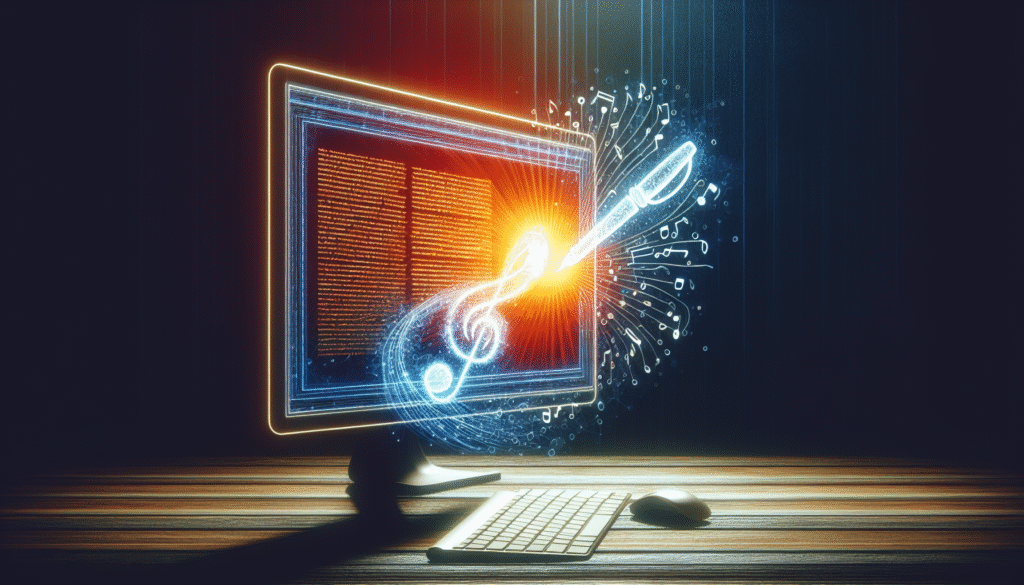
The Future of AI in Creativity
As AI technology continues to evolve, the possibilities for creativity and innovation are limitless. From poetry and literature to music and visual arts, AI has the potential to transform the way we create and consume art.
Collaborative Creativity
One exciting avenue for AI in creativity is collaborative partnerships between humans and machines. By combining the unique strengths of AI algorithms with human imagination and emotion, new forms of artistic expression may emerge that push the boundaries of traditional art forms.
Personalized Content Creation
AI has the power to personalize content creation based on individual preferences and tastes. Imagine receiving a custom-generated poem or story tailored to your emotions and experiences. AI-driven creativity has the potential to revolutionize the way we engage with art and literature.
Empowering Creativity
Ultimately, the integration of AI in poetry and literature has the potential to empower creators and audiences alike. By leveraging AI algorithms to inspire, innovate, and challenge traditional notions of art, we can embark on a new era of creativity and imagination.
In conclusion, AI has demonstrated remarkable capabilities in generating poetry and literature, albeit with inherent challenges and ethical considerations. The intersection of AI and creativity offers endless possibilities for innovation and artistic exploration. As we navigate the evolving landscape of AI-generated content, let’s embrace the potential for collaboration, personalization, and empowerment in the world of poetry and literature.
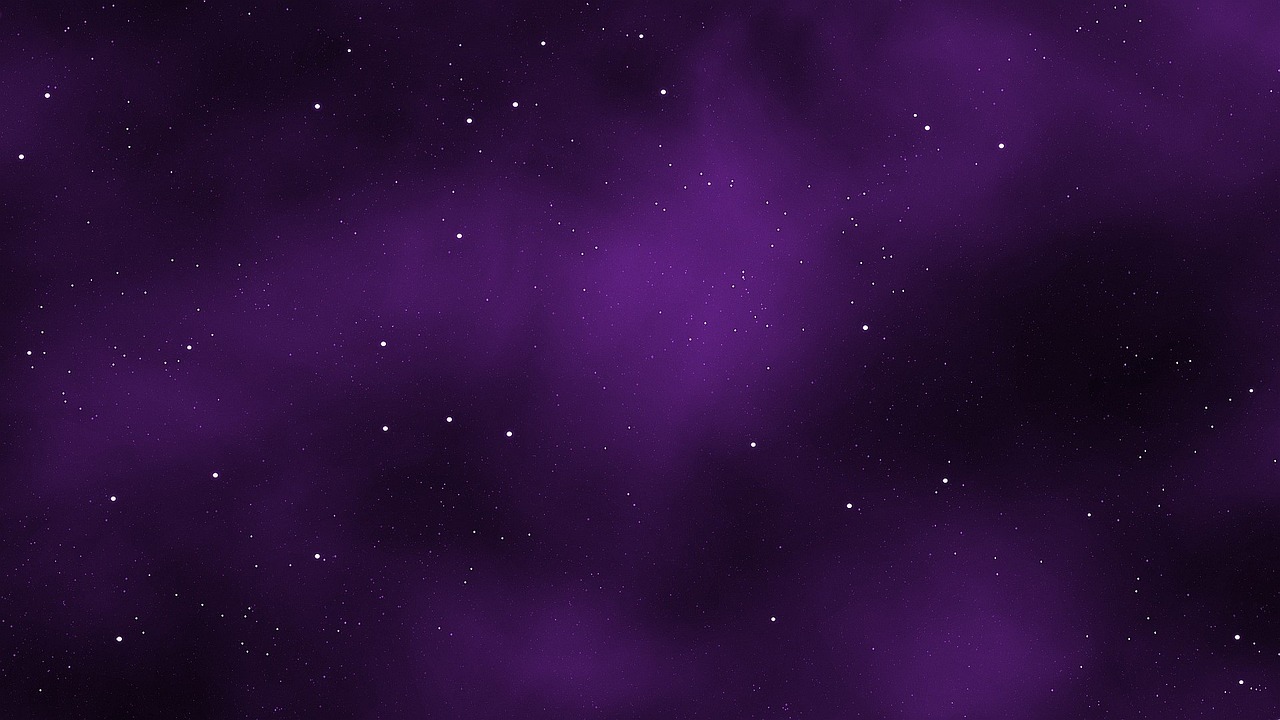

Comments are closed